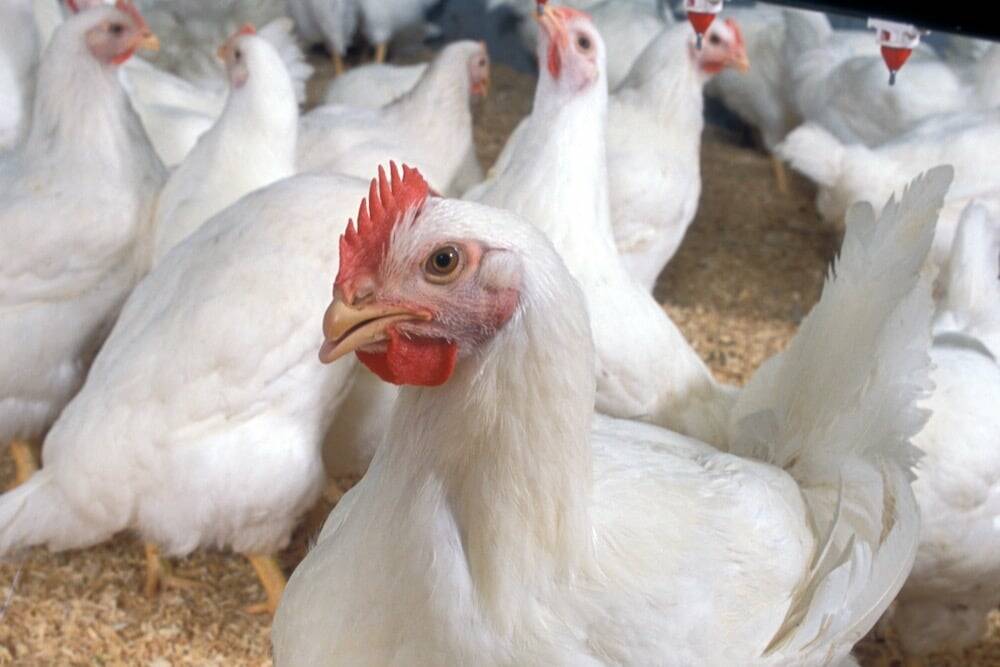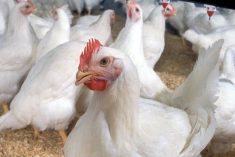Nova Scotia has introduced regulatory changes that allow on-farm processing operations to better manage wastewater on their smaller scale.
The changes, which took effect May 11, come at the request of the Nova Scotia Federation of Agriculture (NSFA) — which has said that owners of small farm-level processing facilities shouldn’t be treated the same as multi-million-dollar processing plants, in terms of the required fees and regulatory approvals based on larger volumes of waste to manage.
The smaller operations will now be regulated through standard wastewater approval requirements, the province said.
Read Also

CFIA raw poultry policy to tighten food safety
Canadian poultry slaughterhouses will have to test carcasses for pathogens before chilling when the Canadian Food Inspection Agency’s new pre-chill policy comes into force Dec. 1, 2025.
The province said its Office of Regulatory Affairs and Service Effectiveness estimates the changes will save each on-farm business $308 per year.
“These changes reduce red tape while ensuring that environmental standards are met,” Environment Minister Timothy Halman said in a release. “With input from industry, we are better aligning regulatory approvals to environmental and business needs.”
These activities include construction, operation or reclamation at sites “associated with small farm operations” involving:
- poultry, red meat, inland fish, dairy or dairy products, vegetable, or fruit processing plants;
- distilleries or wineries;
- breweries that produce 150,000 litres or more of alcoholic beverages per year;
- fish meal plants; and
- food additive or supplement manufacturing plants.
Regulatory changes such as these are occurring across the country to better align with smaller farm processing facilities, the ministry said via email.
“Other Canadian jurisdictions are, or are in the process of, moving to a model of regulation for these industries that better align regulatory approvals to the environmental risks,” ministry spokesperson Tracy Baron said.
— Liam O’Connor reports for Glacier FarmMedia from Saskatoon.










